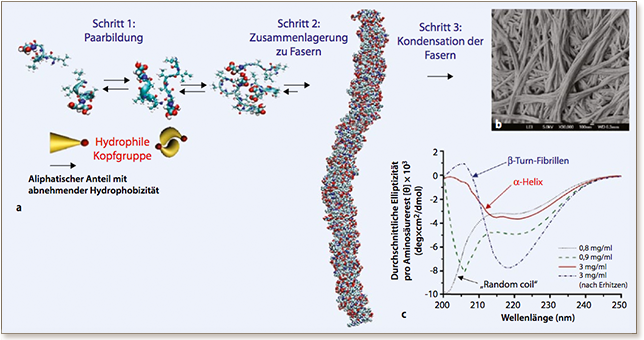

The therapeutic use of stem cells can potentially revolutionalise the field of medicine. In particular, embryonic stem cells and induced pluripotent stem cells are attractive systems since they are self-renewing sources of totipotent cells. As such, they can be differentiated into different cell types to meet varying needs in different aspects of regenerative medicine. Nonetheless, multiple challenges must be surmounted before stem cell therapy can be made routinely available, e.g., the long-term genetic stability of stem cells and their differentiated progeny. Another key technical hurdle is the optimization of large-scale stem cell culture since a consistent and well-defined source of stem cells is necessary for both research and clinical purposes. Currently, to maintain their pluripotency, human embryonic and induced pluripotent stem cells have to be cultured on Matrigel™, which is the de-cellularised extracellular matrix of mouse sarcoma cells. However, due to its origin and undefined chemical composition, Matrigel™ cannot be used for the large-scale culture of pluripotent stem cells for clinical applications. There is thus a need for clearly-defined and well-characterised culture subtrates for the expansion of stem cells. There is also a need for biomaterials that can potentially be adapted into matrices or vehicles for cell transplantation. We discovered a class of chemically synthesized ultrasmall peptides that are able to self-assemble into fibrillar networks in form of hydrogels. These ultrasmall peptide hydrogels demonstrate a propensity to support the long-term culture of pluripotent stem cells. A plausible explanation is that their 3D macroarchitecture mimics native extracellular matrix. As such, these hydrogels are of interest as a chemically well-defined substrate (yet consisting of only natural amino acids) for the large-scale production of pluripotent stem cells. They can also be applied as implantable scaffolds which facilitate the in vivo proliferation or differentiation of co-delivered stem cells.

"KAUST shall be a beacon for peace, hope and reconciliation, and shall serve the people of the Kingdom and the world."
King Abdullah bin Abdulaziz Al Saud, 1924 – 2015
Thuwal 23955-6900, Kingdom of Saudi Arabia
Al-Haytham Building (Bldg. 2)
© King Abdullah University of Science and Technology. All rights reserved